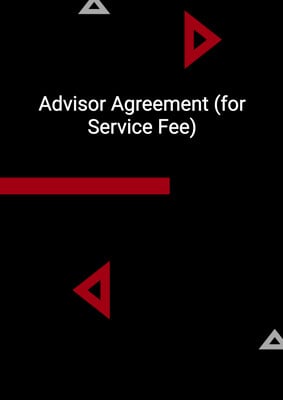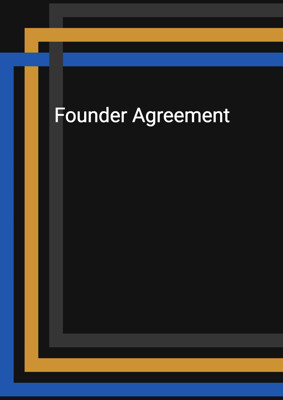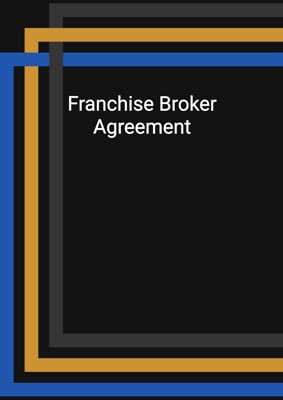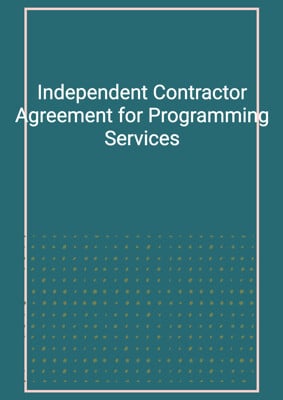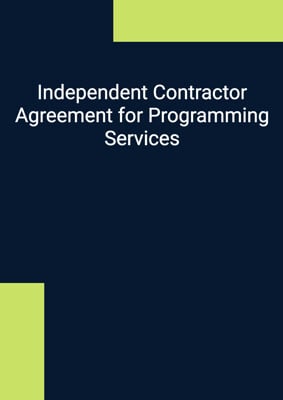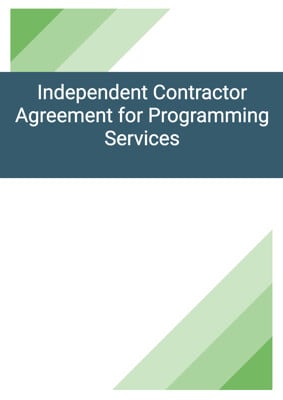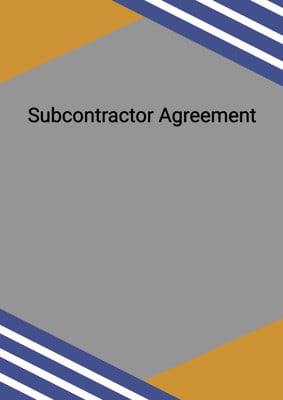How to Tailor the Document for Your Need?
01
Create Document
Fill in the details of the parties. You can click the "Fill with Member’s Information" button to complete it with information saved to your account.
02
Fill Information
Please fill in any additional information by following the step-by-step guide on the left hand side of the preview document and click the "Next" button.
03
Get Document
When you are done, click the "Get Document" button and you can download the document in Word or PDF format.
04
Review Document
Please get all parties to review the document carefully and make any final modifications to ensure that the details are correct before signing the document.
Document Preview
Document Description
This document is a Freelance/Independent Contractor Agreement for a simple job. It is a legally binding agreement between the Contractor and the Company, outlining the terms and conditions under which the job will be carried out. The importance of this document lies in its ability to establish clear expectations, protect the rights and responsibilities of both parties, and provide a framework for resolving any disputes that may arise.
The document begins with an interpretation section, defining key terms used throughout the agreement. It then outlines the Contractor's obligations, including the requirement to complete the job by the agreed-upon completion date and comply with all relevant laws and regulations.
The next section focuses on the completion of the work. It states that the job must be completed by the completion date, but allows for an extension of time if there is a valid reason for the delay. It also includes a force majeure clause, stating that neither party will be held liable for any failure or delay in performing their obligations due to circumstances beyond their control.
The document also addresses defects liability, stating that the Customer must promptly report any defects to the Contractor, who will then make reasonable efforts to rectify them. It clarifies that the Contractor's liability is limited to the amount of service fees received under the agreement and that the Customer will indemnify the Contractor against any liabilities arising from their role as the service provider.
The assignment section states that the Customer cannot assign the agreement or subcontract the performance without the Contractor's written consent. It also includes a conflict of interest clause, allowing the Contractor to provide services to other clients.
The agreement emphasizes that any modifications must be made in writing and agreed upon by both parties. It then outlines the payment terms, including the agreement price, payment due date, and late payment charges. It also addresses expenses incurred by the Contractor and the Customer's responsibility to provide necessary supplies and equipment.
The document confirms that the Contractor is an independent contractor and not entitled to employee benefits. It prohibits the Contractor from entering into contracts or commitments on behalf of the Customer.
The termination clause allows either party to terminate the agreement in specific circumstances, such as bankruptcy or winding-up orders. The rights in work product section clarifies the Contractor's intellectual property rights and grants the Customer a license to use the deliverables.
The agreement includes a dispute resolution clause, encouraging the parties to resolve any disputes amicably and in good faith. It also specifies the jurisdiction for any legal proceedings. Finally, the document outlines the procedures for serving notices between the parties.
In summary, this Freelance/Independent Contractor Agreement is a comprehensive document that protects the interests of both the Contractor and the Customer, establishes clear expectations, and provides a framework for resolving disputes.
How to use this document?
1. Enter the Contractor's and Customer's information in the agreement, including their principal place of business. This ensures that both parties are clearly identified.
2. Clearly specify the agreed price and completion date of the work to be carried out by the Contractor. This will ensure that both parties are aware of the expectations and deadlines.
3. Clearly describe the type(s) of services to be provided by the Contractor. This ensures that both parties are aware of the scope of work and can avoid any misunderstandings.
4. Both parties should agree on the length of the warranty and the time of payment after the completion of the work. This ensures that both parties are aware of the payment terms and the length of the warranty.
5. If the work is not completed by the completion date, specify the amount of damages per week that the Customer is entitled to. This ensures that both parties are aware of the consequences of non-completion.
6. The Customer should not assign the agreement or subcontract the performance without the Contractor's written consent.
7. The Contractor is free to provide services to other clients.
8. Any modifications to the agreement must be made in writing and agreed upon by both parties.
9. The Customer should pay the agreement price to the Contractor within the specified timeframe. Late payment charges may apply.
10. The Contractor may incur certain expenses that are not included in the fee for the job. The Contractor should keep an exact record of these expenses and submit an invoice with proof of purchase.
11. The Customer should promptly notify the Contractor of any disputes regarding an invoice and provide supporting documentation.
12. The Contractor is an independent contractor and not entitled to employee benefits.
13. Either party may terminate the agreement in specific circumstances, such as bankruptcy or winding-up orders.
14. The Contractor retains intellectual property rights in the work product but grants the Customer a license to use it.
15. Only the parties to the agreement have the right to enforce its terms.
16. The parties should make reasonable efforts to resolve any disputes amicably and in good faith.
17. Follow the specified procedures for serving notices between the parties.
Not the right document?
Don’t worry, we have thousands of documents for you to choose from:



